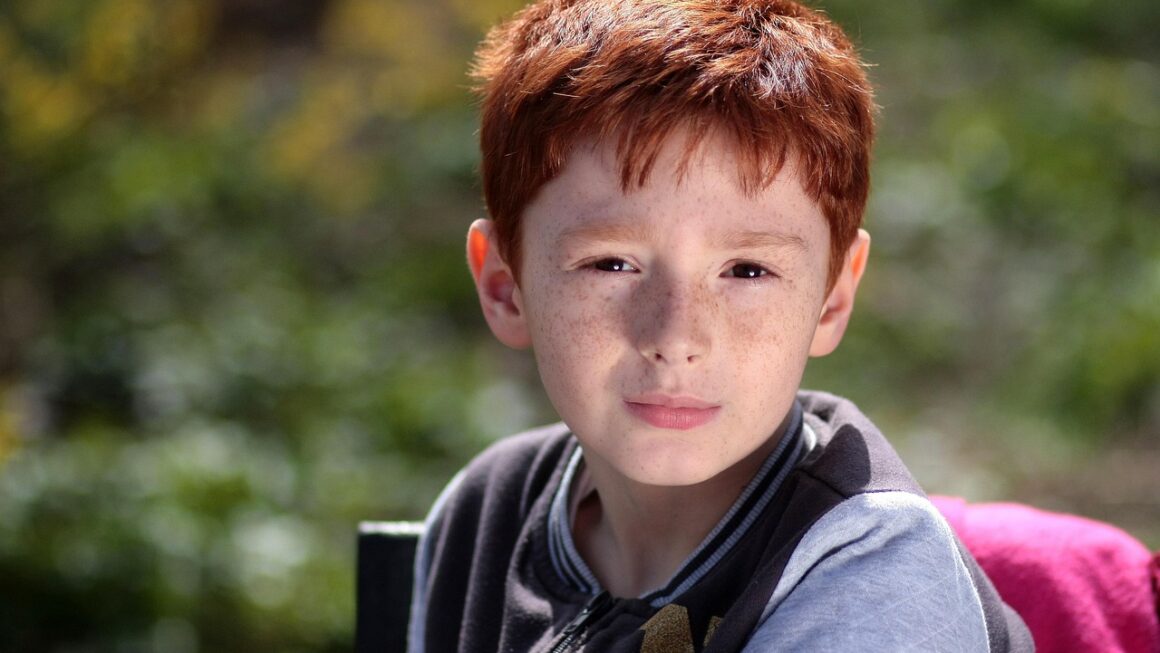Parenting is often portrayed through rose-tinted glasses, filled with cooing babies and perfectly coordinated family outfits. The reality, however, is a vibrant mix of immense joy, profound exhaustion, and a constant learning curve. This blog post delves into the unfiltered realities of parenting, providing insights and practical advice to navigate the rewarding yet challenging journey of raising children.
The Myth vs. Reality of Sleep
The Dream of Uninterrupted Sleep
Before kids, sleep was a given. Now, it’s a precious commodity. The myth is that babies eventually “sleep through the night.” While some do, many parents find themselves battling sleep regressions, teething troubles, and midnight wake-up calls well into toddlerhood.
The Reality of Sleep Deprivation
Chronic sleep deprivation is a very real part of early parenting. A 2019 study published in the journal Sleep found that new parents lose an average of 109 minutes of sleep per night in the first year after birth. This impacts mood, concentration, and overall well-being.
Actionable Takeaway: Prioritize sleep whenever possible. Nap when the baby naps (even if it’s just for 20 minutes), trade off night duties with your partner, and don’t be afraid to ask for help from family or friends.
The Emotional Rollercoaster
The Highs and Lows of Parenting
Parenting is an emotional rollercoaster. One moment you’re filled with overwhelming love watching your child achieve a milestone; the next, you’re battling a toddler tantrum in the grocery store. These extreme shifts can be emotionally taxing.
Managing the Emotional Load
It’s essential to acknowledge and manage the emotional load. Common feelings include:
- Guilt: Feeling like you’re not doing enough, whether it’s working too much or not spending enough quality time.
- Anxiety: Worrying about your child’s safety, development, and future.
- Frustration: Dealing with challenging behaviors, lack of sleep, and constant demands.
- Overwhelm: Feeling stretched too thin and unable to cope with the demands of parenting.
Example: Instead of beating yourself up for feeling guilty about working, focus on the quality of the time you do spend with your child. Put away your phone, engage in their activities, and be fully present.
Actionable Takeaway: Practice self-compassion. Remember that you’re human, and it’s okay to have tough days. Seek support from your partner, family, friends, or a therapist if needed. Prioritize self-care, even if it’s just for a few minutes each day.
The Financial Implications
The Cost of Raising a Child
Raising children is expensive. According to a USDA report, the estimated cost of raising a child from birth to age 18 (excluding college) is over $230,000. This includes housing, food, childcare, healthcare, education, clothing, and other expenses.
Managing Finances as Parents
Parents often face financial strain due to increased expenses and potential loss of income (e.g., one parent taking parental leave or reducing work hours). Here are some tips for managing finances:
- Create a budget: Track your income and expenses to identify areas where you can save.
- Plan for childcare: Research different childcare options and their costs.
- Save for future education: Start saving for your child’s college education early.
- Consider secondhand items: Buy used baby clothes, toys, and equipment to save money.
- Take advantage of tax benefits: Claim any available tax credits or deductions for families.
Actionable Takeaway: Start planning your family’s finances early. Create a realistic budget, explore childcare options, and start saving for your child’s future.
The Impact on Relationships
The Strain on Romantic Relationships
Parenting can put a strain on romantic relationships. Lack of sleep, increased responsibilities, and less time for each other can lead to conflict and disconnection. Communication is essential, and dedicating time to each other is often difficult but necessary.
Strengthening Relationships After Kids
Maintaining a strong relationship requires effort and commitment. Consider these strategies:
- Schedule regular date nights: Even a short walk together can help reconnect.
- Communicate openly: Talk about your needs, feelings, and concerns.
- Share responsibilities: Divide household chores and childcare duties fairly.
- Show appreciation: Express gratitude for your partner’s efforts.
- Seek counseling: If you’re struggling, consider couples therapy.
Example: Make a conscious effort to connect with your partner each day, even if it’s just for a few minutes. Put away your phones, look each other in the eye, and talk about your day.
Actionable Takeaway: Prioritize your relationship. Schedule regular date nights, communicate openly, and support each other through the challenges of parenting.
Social Life and Identity Shifts
The Changing Social Landscape
Parenting often leads to a shift in social circles. You might find yourself spending more time with other parents and less time with friends who don’t have kids. This can feel isolating, especially in the early days.
Reclaiming Your Identity
Many parents struggle with a sense of identity loss after having children. It’s important to remember that you’re still an individual with your own interests, hobbies, and goals. Strategies to help:
- Schedule time for yourself: Even a short amount of time to pursue your hobbies or interests can make a big difference.
- Stay connected with friends: Make an effort to maintain friendships, even if it’s just through phone calls or social media.
- Join a parenting group: Connect with other parents who understand what you’re going through.
- Rediscover your passions: Explore new hobbies or activities that interest you.
Example: Dedicate one evening a week to yourself. Use this time to read, exercise, or pursue a hobby that you enjoy.
Actionable Takeaway: Nurture your social connections and reclaim your identity. Schedule time for yourself, stay connected with friends, and pursue your passions.
The Unpredictability Factor
Embracing the Chaos
No matter how much you plan, parenting is inherently unpredictable. Kids get sick, plans change, and things rarely go as expected. Learning to embrace the chaos is key to staying sane.
Developing Resilience
Develop coping strategies for dealing with unexpected events and challenges:
- Be flexible: Adapt your plans as needed.
- Practice mindfulness: Focus on the present moment.
- Ask for help: Don’t be afraid to reach out to family, friends, or professionals.
- Learn from your mistakes: View challenges as learning opportunities.
Actionable Takeaway: Accept that things will not always go according to plan. Be flexible, practice mindfulness, and learn from your experiences.
Conclusion
Parenting is a transformative journey filled with incredible highs and challenging lows. By acknowledging the realities of parenting, managing your emotions, prioritizing your relationships, and embracing the unpredictability, you can navigate the rewarding path of raising children with greater confidence and resilience. Remember, you’re not alone, and every parent faces similar struggles. Embrace the journey, celebrate the small victories, and know that your efforts are making a profound difference in the lives of your children.




